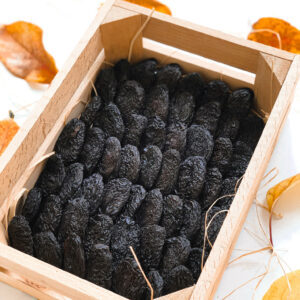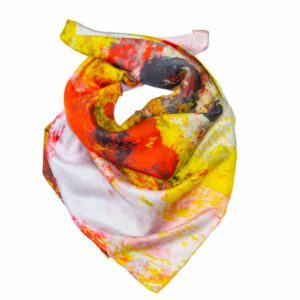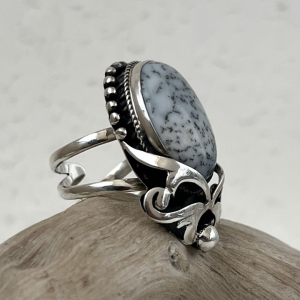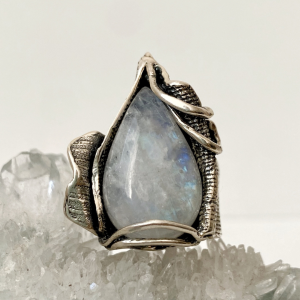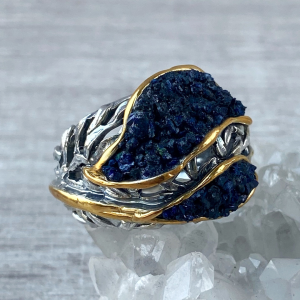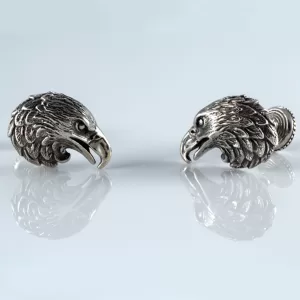-
-
“Poppies” Silk Scarf
100% Silk Twill
Limited edition
Avoid contact with rain and harsh chemicals
Dry cleaning
Hand-rolled edges$80.00“Poppies” Silk Scarf
$80.00 -
-
Filigree agate ring | designed by Shahinian jewelry
Handmade jewelry. filigree design
Metal: 925 sterling silver
Gemstone: agate
Ring size is adjustable$89.00 -
Moonstone Silver Ring
Handmade jewelry.
Metal: 925 sterling silver
Gemstone: Natural Moonstone$105.00Moonstone Silver Ring
$105.00 -
24K Gold Plated Silver Azurite Ring
Handmade jewelry.
Metal: 24K gold plated silver
Gemstone: azurite$85.00 -
“Bunny” Knitted Doll
Details
100 % Acryl (Yarn for kids)
130 “W x 25″H$20.00“Bunny” Knitted Doll
$20.00 -
Natural Merino Wool Scarf
Scarf is made of natural silk and 100% merino wool. It’s very light and soft.
Dimensions: 175x50cm
$70.00$75.00Natural Merino Wool Scarf
$70.00$75.00 -
“Garegin Nzhdeh” Silver Pendant
Pendant Garegin Nzhdeh, chain, silver 925
Size: 2,5 x 3 sm
$115.00$203.00“Garegin Nzhdeh” Silver Pendant
$115.00$203.00 -
Wild Thyme Tea
Benefits of Go Green Armenia’s wild thyme tea:
‣ Anti-fungal
‣ Fights indigestion and gas
‣ Treats bronchitis and cough
‣ Lowers blood pressure and cholesterol
‣ Keeps the brain from agingThyme has been known since ancient times for its magical, culinary, and medicinal virtues. Tradition held that an infusion of thyme taken as a tea on midsummer’s eve would enable one to see the fairies dancing. Young women wore a corsage of blossoming thyme to signal their availability for romance. The generic name may have been inspired by one of thyme’s traditional attributes. Greek folk herbalists believed that thyme would impart courage (thumus in Greek) to those who used the herb, particularly soldiers. Greek men particularly liked the pungent scent of thyme and would rub the herb on their chests. The Romans believed that adding thyme to bath water would impart energy. They also included thyme in bedding to chase melancholy and to prevent nightmares.
The strong scent of thyme was employed as a moth repellent, and burned as fumigating incense. The philosopher-herbalist Pliny the Elder recommended burning the dried herb in the house to “put to flight all venomous creatures.” In the kitchen thyme has been used for centuries to season sauces, soups, stuffing, and soups. Thyme has long been recognized for its antiseptic properties. The Egyptians used the herb in formulas for embalming the dead. The herb was among those burned in sickrooms to help stop the spread of disease. Oil of thyme was used on surgical dressings and in times of war as recently as World War I, to treat battle wounds.
$3.75 – $33.00Wild Thyme Tea
$3.75 – $33.00

